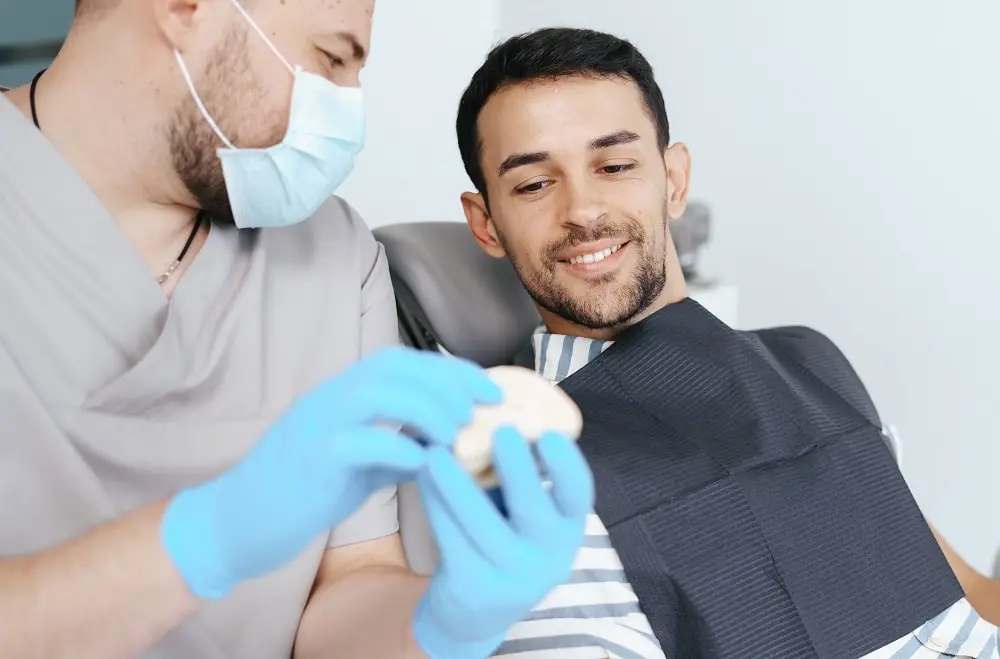-
manager.hqdentaldesign@gmail.com
17
Nov
Charcoal Toothpaste for Teeth Whitening

Specialized In Tooth Extraction And Dental Implant.
Dr. Hiep Pham is a phenomenal professional in tooth extraction and oral surgery. From the beginning of his Georgetown dentistry profession, he received recognition and appreciation for his exceptional patient diagnosis, treatment planning abilities, and tooth extraction proficiency


Leave A Comment